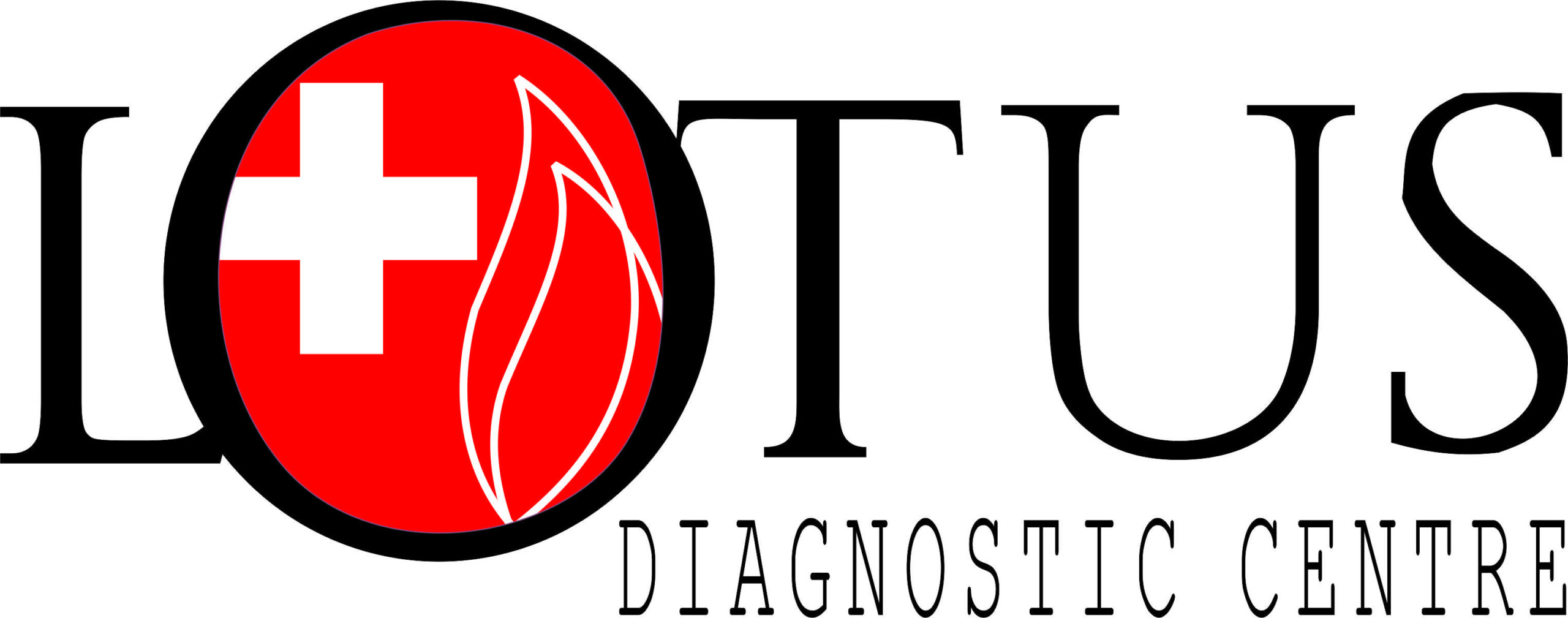Prevention is key when it comes to your health. Taking steps to actively prevent potential illnesses and diseases is the best way to take care of your body and maintain a healthy lifestyle. In this blog, we’ll discuss why preventive health care is so important and the benefits that come along with it.
Prevention is better than cure
The idea that it is better to prevent illness than to attempt to cure it is a cornerstone of both public health and improving the overall health of populations. The phrase ‘prevention is better than cure’ was first coined by the Dutch philosopher Desiderius Erasmus in around 1500, but it remains just as relevant today. In fact, preventing illness before it occurs is now a fundamental principle of modern healthcare strategies across the world.
Keeping people healthy, content, and independent is crucial at every stage of life – which is what prevention is all about. Reducing the occurrence of problems and supporting people to deal with them properly helps achieve this goal. And it’s fair to say that prevention is as significant at seventy years old as it is at age seven.
What is Preventive Health Care?
Preventive health care involves taking proactive steps to reduce a person’s risk of developing major illnesses or diseases. In other words, it helps prevent illnesses, diseases, or medical conditions before they occur. This can mean anything from getting regular check-ups at the doctor’s office to eating a balanced diet and exercising regularly. It also includes activities such as getting vaccinations, using sunscreen, avoiding smoking or exposure to secondhand smoke and many more measures that are designed to help people maintain their overall health and well-being. Furthermore, it’s not just preventing illness or reducing the chances of it, rather preventive health care can help you identify potential problems before they become a grave issue.
A Helping hand for the existing Health Care System
Preventive health care can also reduce the burden on an already strained healthcare system by helping people stay healthy and avoiding expensive treatments for chronic conditions. Preventive health care is an essential part of a comprehensive approach to improving public health outcomes. By taking steps to improve health outcomes, individuals and communities can live longer, healthier lives. Preventive health care should be a priority for everyone to ensure that they are able to lead healthier lives.
Furthermore, by taking steps to reduce the burden of preventable illnesses and diseases on vulnerable populations, we can help create a more equitable and just society. Preventive health care is an essential part of creating healthier communities for all members of society.
The Benefits of Preventive Health Care
Here are a few benefits that you get with preventive health care:
1. Fewer health problems
Preventive health care can help to reduce the number of health problems that people experience. By receiving regular check-ups and screenings, potential health problems can be detected early, when they are most treatable. Additionally, preventive measures such as vaccinations can help to protect people from developing certain diseases altogether.
2. Lower health care costs
Preventive care can also save you money in the long run by helping you avoid expensive treatments for serious health problems. For example, a simple vaccination can prevent you from getting a potentially deadly disease, like pneumonia.
3. More productive life
By staying healthy, you’ll be able to do the things you enjoy and be more productive at work or school. You’ll also have more energy to spend time with your family and friends.
4. Better overall health
When you receive preventive care, you’ll not only avoid developing serious health problems, but you’ll also improve your overall health. For example, quitting smoking not only reduces your risk of lung cancer but also lowers your blood pressure and improves your cholesterol levels.
5. Lower stress levels
Receiving regular preventive care can also provide peace of mind for both individuals and their families. Knowing that one is doing everything possible to stay healthy can help to reduce stress and anxiety levels. Additionally, having a regular doctor that you trust can provide a sense of security in knowing that someone is looking out for your best interests.
6. Improved self-esteem
When you take care of yourself and make healthy choices, it can lead to improved self-esteem and body image. This can boost your mood and confidence levels, which can have a positive impact on every aspect of your life.
7. Improves Lifespan
Preventive care can help you live longer by catching problems early and treating them more easily. For example, if you manage your weight and keep excess weight off, you will improve your lifespan and prevent serious diseases like type 2 diabetes and heart disease.
Ways to practice Preventive Health Care
1. Keep an eye on your Weight
Weight management is essential for preventive care, including regular exercise and eating healthy to lose excess weight and keep it off. Obesity is one of the biggest risk factors for diabetes, heart disease, and even certain kinds of cancer.
2. Physical Health Screenings
Depending on numerous factors such as gender, age, and health history, there are many physical health screenings people should get. A few of them are as follows:
Blood Pressure
One of the most important physical health screenings is a blood pressure screening. Blood pressure is a measure of the force that your blood exerts against the walls of your arteries. High blood pressure, also known as hypertension, can lead to serious health problems such as heart disease and stroke. A blood pressure screening can help to identify whether you have high blood pressure so that you can take steps to lower it.
Cholesterol
Another important physical health screening is cholesterol screening. Cholesterol is a type of fat that is found in your blood. High levels of cholesterol can lead to atherosclerosis, a condition in which plaque builds up on the walls of your arteries and makes it difficult for blood to flow through them. A cholesterol screening can help to identify whether you have high cholesterol so that you can take steps to lower it.
Diabetes
A diabetes screening is another important physical health screening. Diabetes is a condition in which your body does not properly process sugar, resulting in high levels of sugar in your blood. If left untreated, diabetes can lead to serious health problems such as heart disease, stroke, and kidney damage. A diabetes screening can help to identify whether you have diabetes so that you can take steps to manage it.
Cancer
Cancer screenings are another important type of physical health screening. Cancer screenings involve tests that are used to detect cancer before symptoms develop. Early detection of cancer can often lead to more successful treatment. There are various types of cancer screenings, including mammograms (for breast cancer), Pap tests (for cervical cancer), and colonoscopies (for colorectal cancer).
Bone Density
A bone density screening is another important type of physical health screening. Bone density is a measure of how much calcium and other minerals are present in your bones. Low bone density can lead to osteoporosis, a condition in which your bones become weak and fragile and are more likely to break.
PCOD
PCOD screening is an important preventive healthcare measure that helps detect Polycystic Ovarian Disease at its earliest stages. Early detection is key to assisting women, particularly young females, overcome or manage symptoms in a timely manner. Through tests such as pelvic ultrasounds and hormone measurements, medical professionals can examine healthy ovarian function and be able to detect abnormal developments for preventive measures. It is best recommended for those who have already experienced irregular menstrual cycles or facial hair growth, although any woman can benefit from this simple preventive care action.
3. Mental Health Screenings
Preventive health care is an important part of overall physical and mental well-being. Mental health screenings can help identify potential mental health issues in order to make sure that individuals receive the appropriate treatment. Common types of mental health screenings include questionnaires, interviews, cognitive tests, psychological assessments, and physical exams.
Questionnaires
Questionnaires are used to assess a person’s overall mental well-being and symptoms of depression, anxiety, stress, or other mental health concerns.
Interviews
Interviews are used to gain a deeper understanding of how the individual is feeling and thinking.
Cognitive Tests
Cognitive tests measure thinking capabilities such as reasoning, perception and problem-solving. Additionally, it also measures memory abilities.
Psychological assessments
These include psychological tests to assess personality characteristics and emotional functioning.
4. Vaccination
Vaccinations are an extremely important part of preventive healthcare and have been proven time and time again to be effective in reducing the risk of disease and illness. Vaccines protect more than just the individual receiving them; they provide a “shield” of protection for those people who have not been able to receive immunization, allowing for continued personal and community health. Some common vaccinations you should consider getting are Hepatitis A, Tetanus, Pneumonia, Tetanus, Polio, Mumps, Rubella and measles.
Ways to prepare for a Preventive Health Checkup.
1. Proper Sleep
You should get a full night’s rest to ensure that your blood glucose and pressure levels are unaffected, as lack of sleep can play a role in these crucial areas.
2. Fasting for certain tests
Be sure to fast for at least eight hours before your test. In some cases, you may need to fast for up to 12 hours. After dinner the night before your test, only drink plain water.
3. Refrain from taking high-dose medication
Your doctor may advise you to skip or postpone certain routine medications until after your urine or blood sample is taken. For example, you would need to stop taking beta blockers at least three days before the test.
4. Avoid Salty Foods
Try to avoid eating salty foods 24 hours before the test. Salty food can raise your triglycerides and blood pressure levels.
5. Gather your Medical Records
Be sure to grab your medical documents before your doctor’s appointment! Doing so will give them a comprehensive overview of not only your recent tests and immunizations but also any medications you’re currently taking.
Preventive health care is an essential part of maintaining a healthy lifestyle and reducing potential risks associated with various illnesses or diseases. By staying up-to-date on check-ups with your doctor, watching what you eat and exercise regularly, getting vaccinated whenever necessary, using sunscreen when needed, avoiding smoking or exposure to secondhand smoke, and remaining mindful about any changes in your overall well being—you’ll be setting yourself up for success both now and in the future! So start taking steps today towards leading a healthier lifestyle through preventive health care!
Visit Lotus Diagnostic Centre to kickstart your preventative healthcare journey today.



